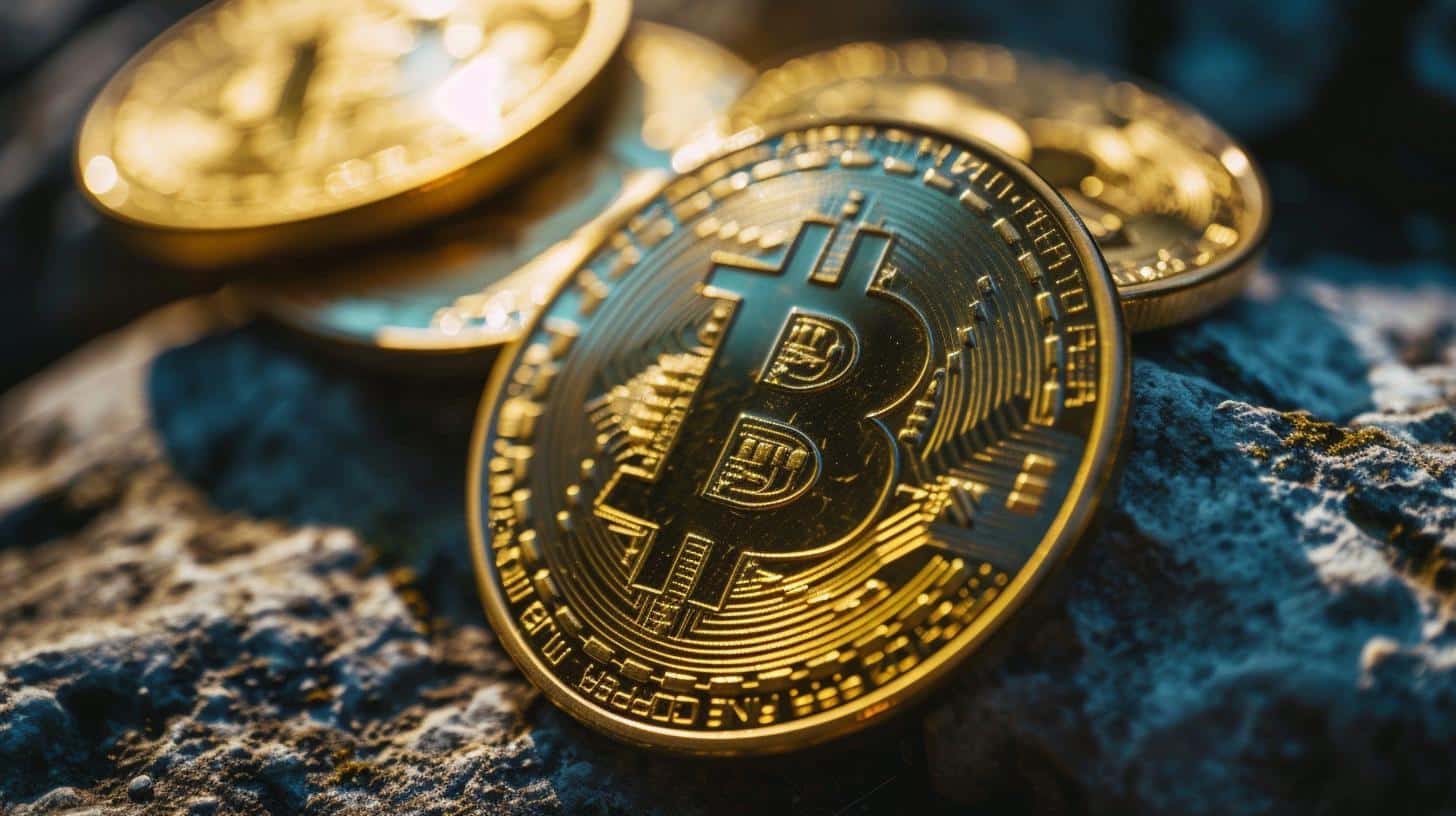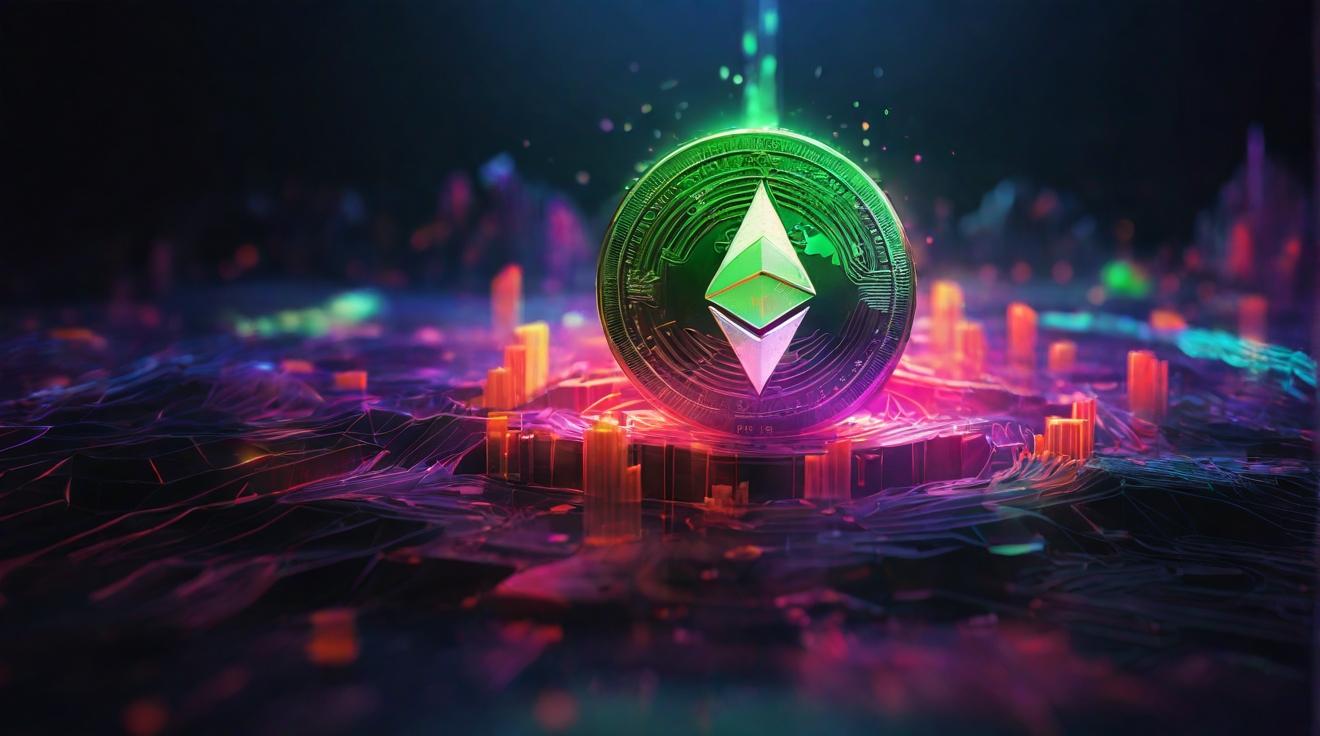Digital Banking Revolution: Navigating Through a World Without Physical Branches
In an era where the question, "When was the last time you stepped foot into a bank?" seems almost rhetorical, digital banking has ascended to become the new norm for financial transactions. A significant shift towards mobile banking apps underscores a transformative period in how consumers access financial services. Consumer Reports sheds light on the reliability of these banking apps, providing invaluable insights for those pondering which digital platform best suits their banking needs.
Three out of four Americans now harness the power of at least one banking app, a statistic that mirrors the burgeoning reliance on digital means for managing finances. As consumers navigate this digital landscape, the attributes of safety, privacy, transparency, support for financial well-being, and accessibility stand out as critical metrics for app evaluation.
Consumer Reports' meticulous assessment spanned across a spectrum of ten financial institutions, including five traditional banks and five online-only digital banking providers. In this digital arena, where avoiding fees emerges as a pivotal concern for many, digital banks often shine, offering free checking and savings accounts coupled with higher interest rates. Contrarily, traditional banks carve their niche by delivering a broader array of budgeting and saving tools.
Yet, the digital banking landscape is not devoid of pitfalls. The protection of personal data emerges as a pertinent issue, with many apps practicing data sharing more liberally than necessary. Furthermore, not all apps furnish users with the option to opt-out of targeted advertising, thereby amplifying privacy concerns.
Amid these concerns, the importance of secure banking cannot be overstated. Implementing FaceID or a six-digit PIN, along with two-factor or multifactor authentication, constitutes prudent steps towards safeguarding one's digital financial identity. Additionally, immediate notification to the bank in the event of losing one's phone is advised, as is enabling app notifications for all transactions to promptly detect any potential fraud.
In conclusion, the digital banking era heralds a transformative shift in how financial transactions are conducted, underscored by an accelerated departure from physical bank branches. As Consumer Reports highlights, choosing the right app entails a balance between fee avoidance, interest rates, and the quintessential need for data protection and security. In navigating the digital banking landscape, these elements serve as beacons for consumers striving to make informed decisions.
Analyst comment
Positive news: This news highlights the increasing popularity of digital banking and provides insights on evaluating banking apps. It mentions the advantages of digital banks such as free accounts and higher interest rates. However, concerns over data privacy and security are also raised. In the market, digital banks are expected to continue growing, but there may be increasing scrutiny on data protection and privacy measures.













